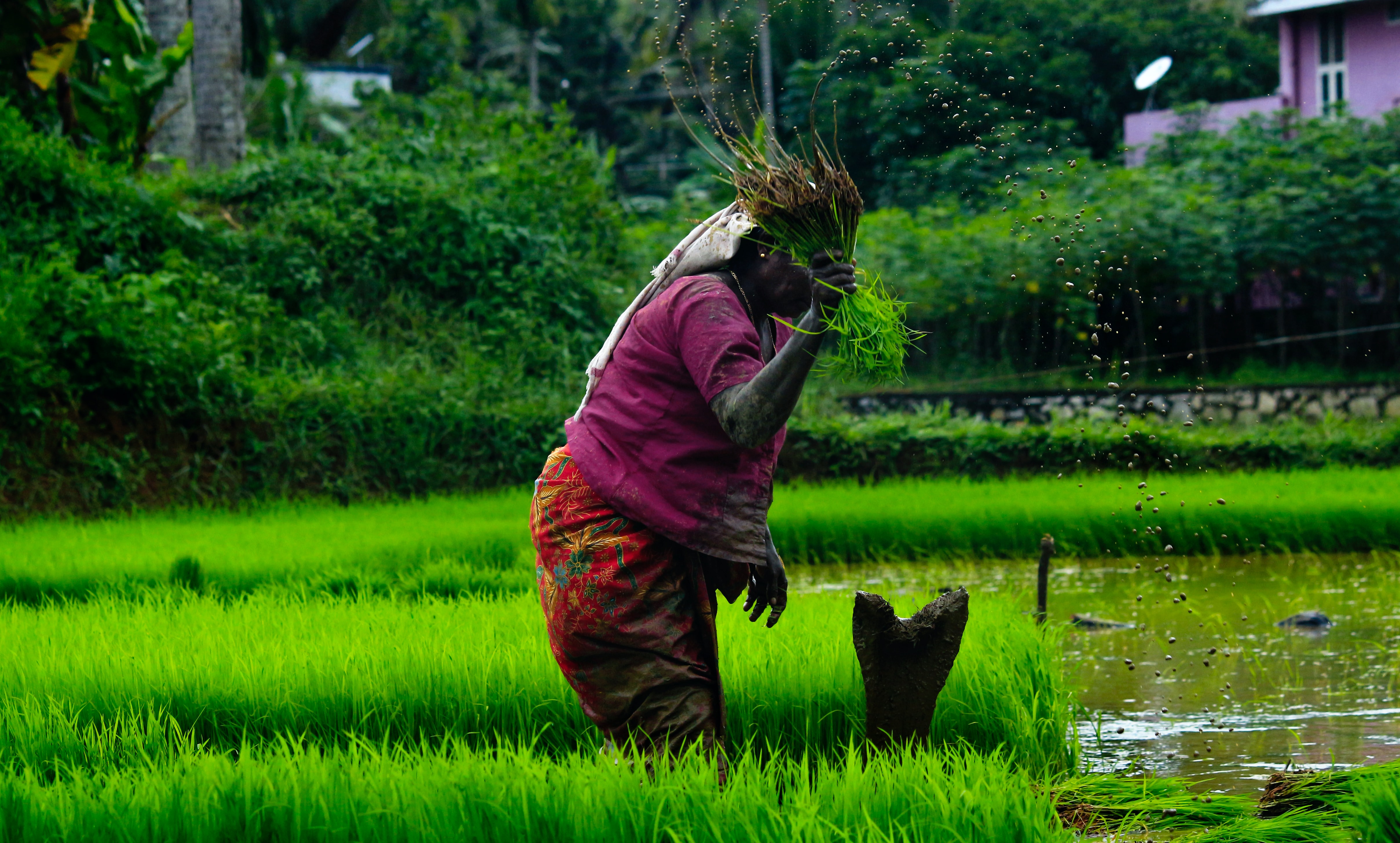About
Agricultural practices that increase farmers’ productivity are sometimes accompanied by negative environmental externalities, with consequences for human health. One example is crop residue or “stubble” burning, which increased across India after mechanized harvesting was adopted by farmers. Residue left by harvesters takes about a month and a half to decompose, which leaves farmers with insufficient time to sow their next crop. Burning stubble is a quick, cheap and efficient way to prepare the field for the next crop. However, crop burning also contributes to greenhouse gas emissions, loss of biodiversity of agricultural lands, deterioration of soil fertility, and increased levels of particulate matter and smog that are harmful to human health. Children are especially affected by poor air quality, as prolonged exposure can lead to chronic conditions such as asthma.
In an effort to mitigate some of these harmful effects, we evaluate a payments for ecosystem services (PES) intervention that offered financial rewards conditioned on not-burning to paddy farmers in Punjab, where stubble burning is particularly prevalent.
